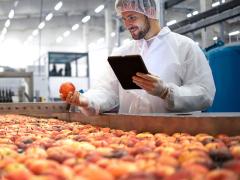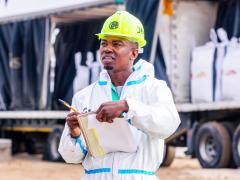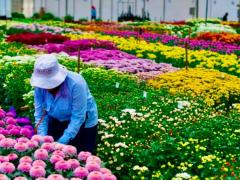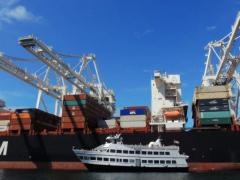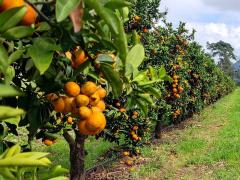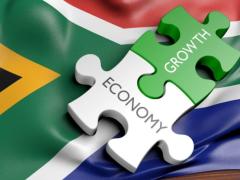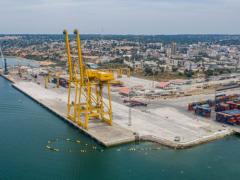In a serious accusation levelled at the South African Police Service (Saps), the Free State’s agricultural union, Vrystaat Landbou (VL), and the Red Meat Producers’ Organisation (RPO) have said the lack of capacity and ability to police livestock theft is contributing to economic sabotage.
The combined statement issued by VL and the RPO comes as farmers in the Free State find themselves in an ever-tightening noose, battling theft - especially on the province’s border with Lesotho.
In a report by Vida Booysen, writing for Afrikaans agriculture magazine Landbouweekblad, a farmer from the Ladybrand region, Christo Beukman, said livestock theft had led to losses of R2-3 million over the past year.
Incidents of livestock theft, he said, “are probably 1000% more than what we’ve had before.
“The last three months, livestock is stolen every night.”
He added that he himself had suffered theft three times over this period.
Not all stolen cattle crossed the Caledon River into Lesotho though, as Beukman emphasised that some of his animals were herded away in a westerly direction.
What was particularly crippling to the farmers, he said, was that stud bulls and calves were often taken.
“We ride in patrols every night. We stop and prevent but we can’t stay ahead.”
A woman from Tweespruit said that farmers not being home at night presented a security risk for their families.
Dr Jane Buys, safety risk analyst at the VL, said livestock theft was organised crime that was increasingly run by crime syndicates.
Booysen remarked that it was the threat farmers faced, especially given last year’s murder of farm manager Brendin Horner of Paul Roux, which eventually led to a racially tinged stand-off in Senekal.
The Saps then, especially police minister Bheki Cele, was accused of being more concerned with enforcing lockdown regulations - such as arresting surfers for breaking the beach ban.
Jakkals le Roux, chairman of the VL’s Rural Safety Committee, said it seemed as if livestock theft was simply not a priority for the police.
“For farmers this situation leads to economic downfall, which seriously undermines the agricultural sector – not to mention the impact it has on emerging and subsistence farmers.”



